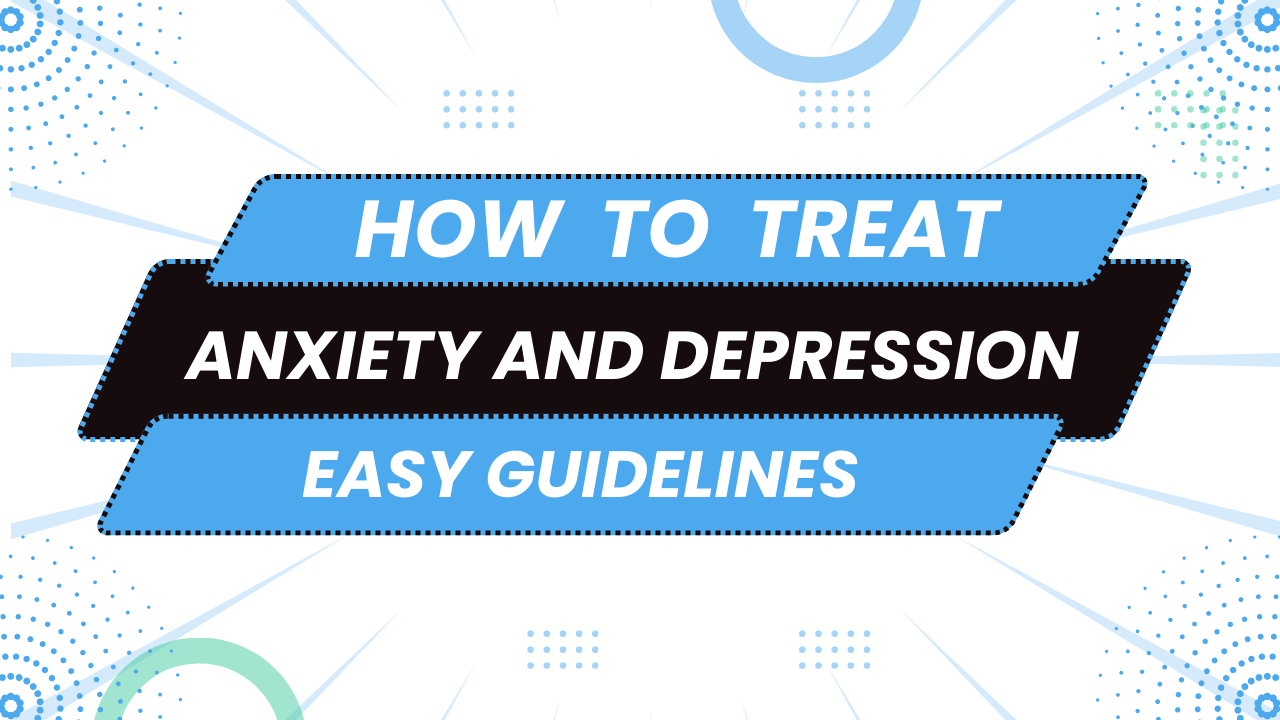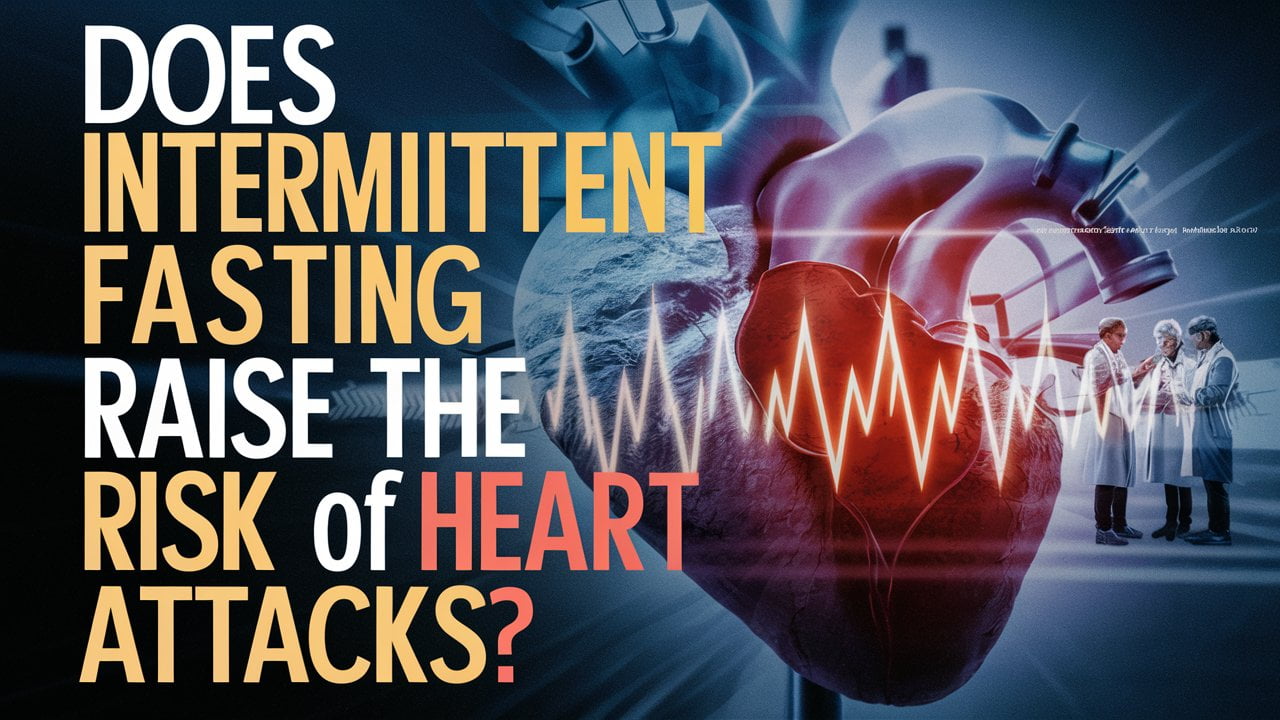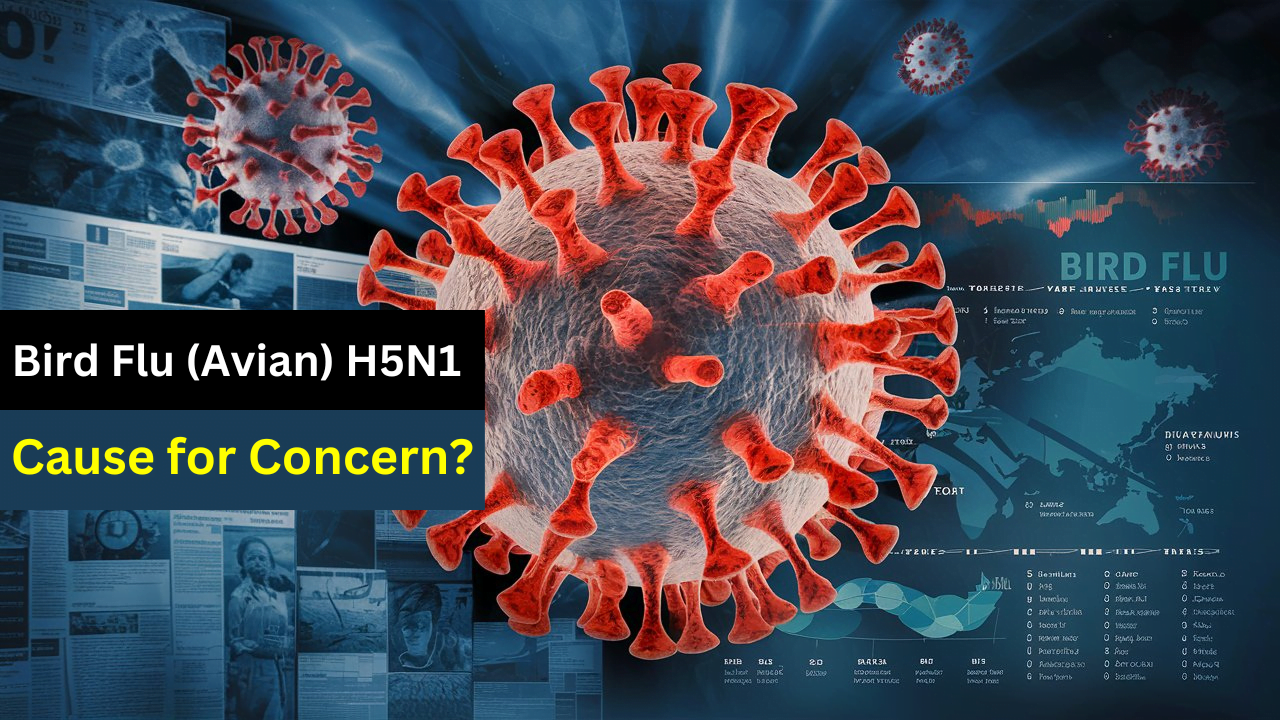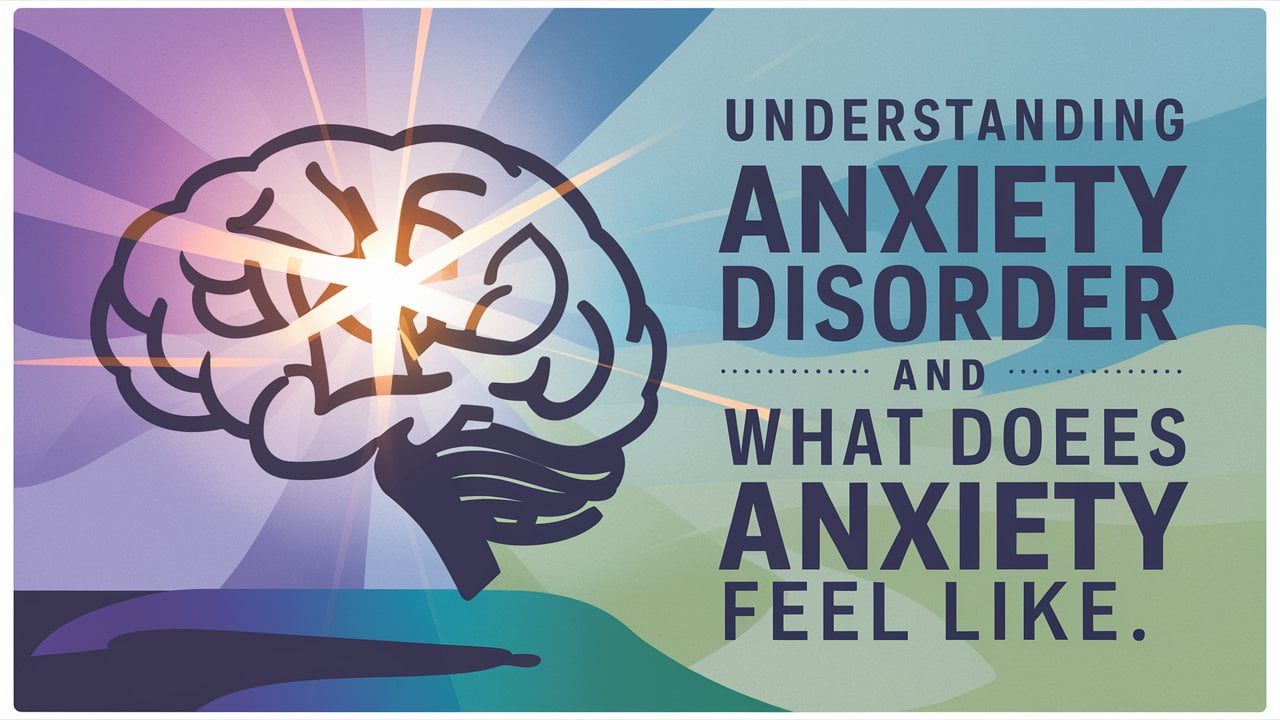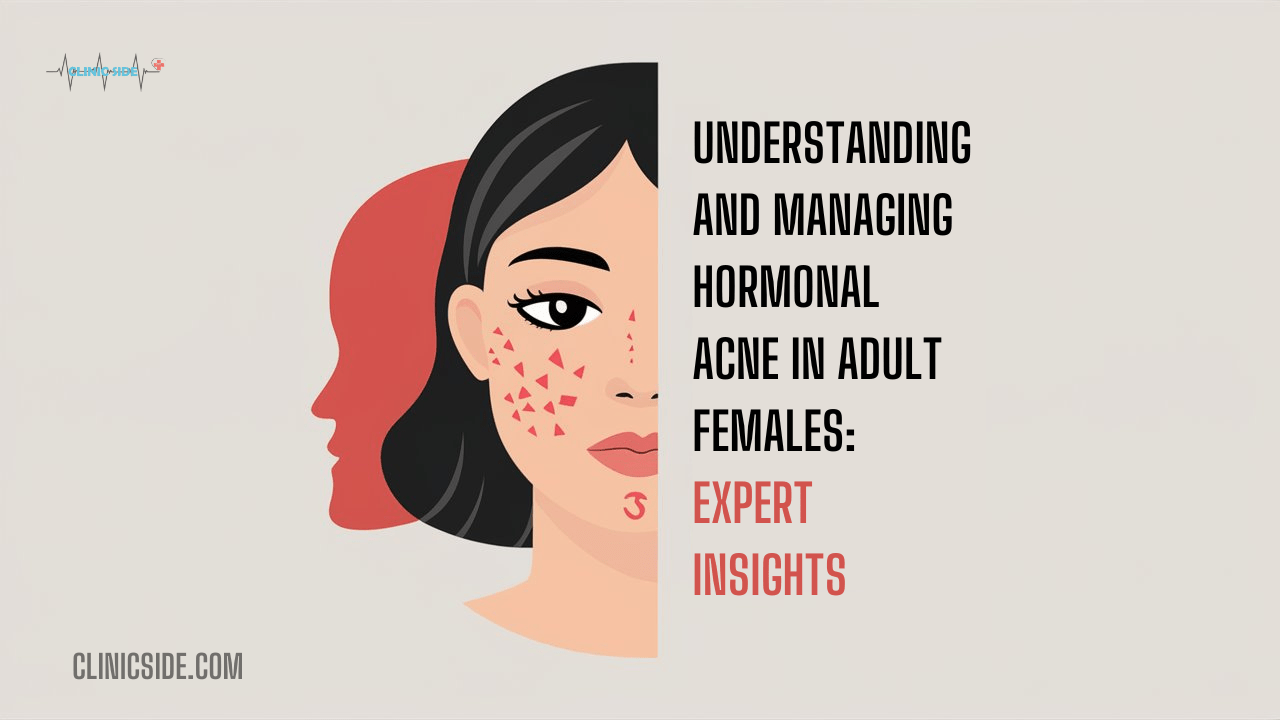
Introduction
Adult women may find acne to be particularly distressing among all the people suffering from this long-lasting condition. Hormonal acne is typified by deep cystic pimples that emerge around the jaw line which makes it different from other types of acne and, therefore, difficult to manage. In this article, we will gain insight from a certified dermatologist who specializes in medical, surgical, and cosmetic dermatology, Dr. Azadeh Shirazi on hormonal acne intricacies, as well as getting some valuable tips on understanding treating, and managing this condition effectively.
Understanding Hormonal Acne
According to Dr. Azadeh Shirazi hormonal acne in adult females differs significantly from adolescent pimple problems. Teenage acne is commonly associated with pubertal-related hormone changes while adult cases are characterized by cystic pimples which concentrate near the jawline. These upsurges owing to the intercourse of hormones can always have a major effect on one’s self-confidence and way of life.
Causes and Triggers
Adult females develop hormonal acne under the influence of many different reasons. A hormonal imbalance, especially high levels of prolactin, testosterone, and DHEA can induce oil glands to overproduce oil and thus cause clogged pores and acne. Also, hormone level changes throughout the menstrual cycle may affect the protective role of the skin making it more prone to inflammation and pimples. Hormonal acne is also worsened by lifestyle issues like dieting, stress as well as skincare practices.
Treatment Options
Managing hormonal acne often necessitates several approaches such as topical therapies, oral medications, changes in dieting patterns as well as lifestyle modifications. To unblock your pores and lower swelling you have to use topical agents that contain salicylic acid, retinoids, or azelaic acid according to Dr. Azadeh Shirazi’s advice. Antibiotics, spironolactone or birth control pills may be taken orally for hormonal regulation purposes and inhibition of excessive oil production in severe cases. On a serious note though one has to be careful with isotretinoin (Accutane) because it requires close monitoring due to potential side effects that could result in dangerous conditions if left unnoticed for long periods without medical attention.
In-Office Procedures
Besides medication, several in-office procedures can accompany acne treatment by addressing inflammation, minimizing scars, and improving the overall texture of the skin. AvéClear is a form of laser therapy with specific wavelengths that focus on the hyperactivity of oil glands. In addition to these, chemical peels, light therapies, and facials also provide more choices that one can use for the management of acne as well as improve the appearance of the latter.
Dietary and Lifestyle Modifications
Dr. Azadeh Shirazi underscores the importance of dietary and lifestyle changes in managing hormonal acne. More sugar consumption, and intake of dairy products as well as processed foods worsen acne by promoting inflammation as well as hormonal fluctuations. This will lead to healthy skin and less severity on just taking enough stress-free rest among other things. A balanced nutrition comprising fruits, vegetables, and prebiotics while involving relaxation techniques relieving stress and getting enough sleep can support the healthiness of the skin thereby reducing the severity in terms of acne.
Conclusion
In conclusion, hormonal acne is a peculiar condition in women but it can be eradicated when its root causes are well known and managed using various methods. For an individual to learn how to deal with the skin problems associated with hormonal acne, he or she needs to see a dermatologist who will help him or her come up with personalized skincare programs, and nutritional changes as well as perform some office procedures that A medical expert who is specialized in dermatology should be approached for guidance on personalized skincare routines, lifestyle modification through dieting and office-based treatments which can make it easier for someone to move through hormonal acne by regaining his or her lost self-esteem.

